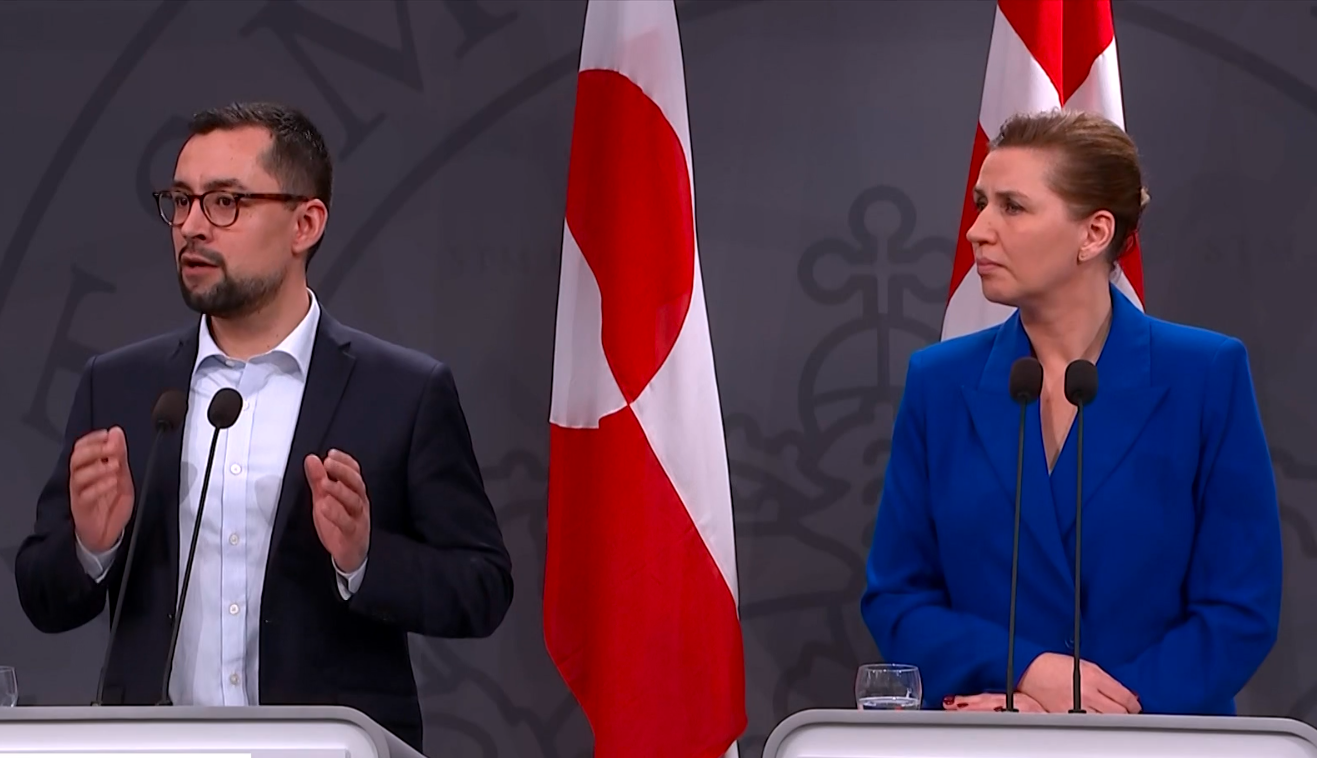You've heard of brain drain, but what about brain clog?
That's a growing concern in Denmark, with experts warning that the government's goal of having 25 percent of every graduating class complete a higher education by 2020 will result in a lot of young Danes with an advanced education but no job.
Esben Anton Schultz, the head of research for think-tank Kraka, told Politiken newspaper that there simply will not be enough work waiting for the coming influx of academics.
"First and foremost, it can be a real downer for those who won't be able to get a job that matches their education level, and instead end up as a public school teacher despite having studied at the University of Copenhagen," Schultz said. "But society also uses a lot of resources to educate people who end up working with something that is below their education level."
According to a new prognosis from the Education Ministry, the government has already surpassed its goal, with 27 percent of students who completed ninth grade in 2011 forecast to complete an advanced education.
And while the number of students pursuing academic lines is on the rise, there is a steep decline in the number who pursue a vocational education. According to Politiken, the number of students who pursue careers such as construction workers, homecare workers, and office assistants traditionally accounted for 30-40 percent of a graduating class. Today, that number is down to 18.5 percent.
Stina Vrang Elias of the think-tank DEA said that too many young people take an education without weighing up its job opportunities.
"More and more take an education, but they take it without a point of departure that it should qualify them for a job," Elias told Politiken. "At the same time, we can see that there aren't nearly enough young people who pursue a vocational education in relation to what we have need for. We need to ask ourselves if we really are on the right course, and as a society we need to consider who best to meet the needs of the job market."
Morten Østergaard (Radikale), the minister for higher education, dismissed the concerns.
"Our challenge is not that we risk having too high of an education level," Østergaard told Politiken. "Our challenge is that there are not enough who take an education. So we should just be happy that it is going so well with attracting young people to the universities."












